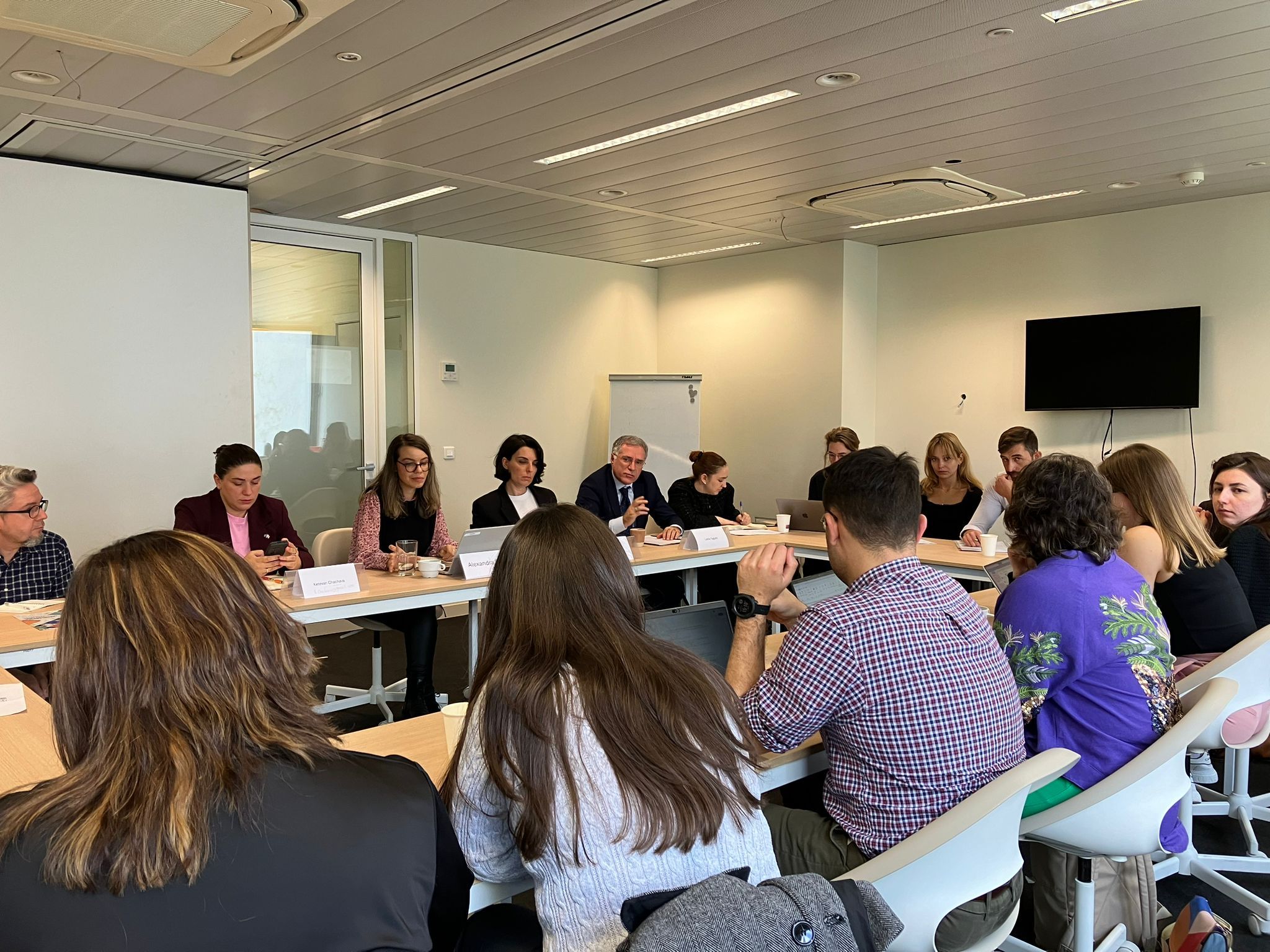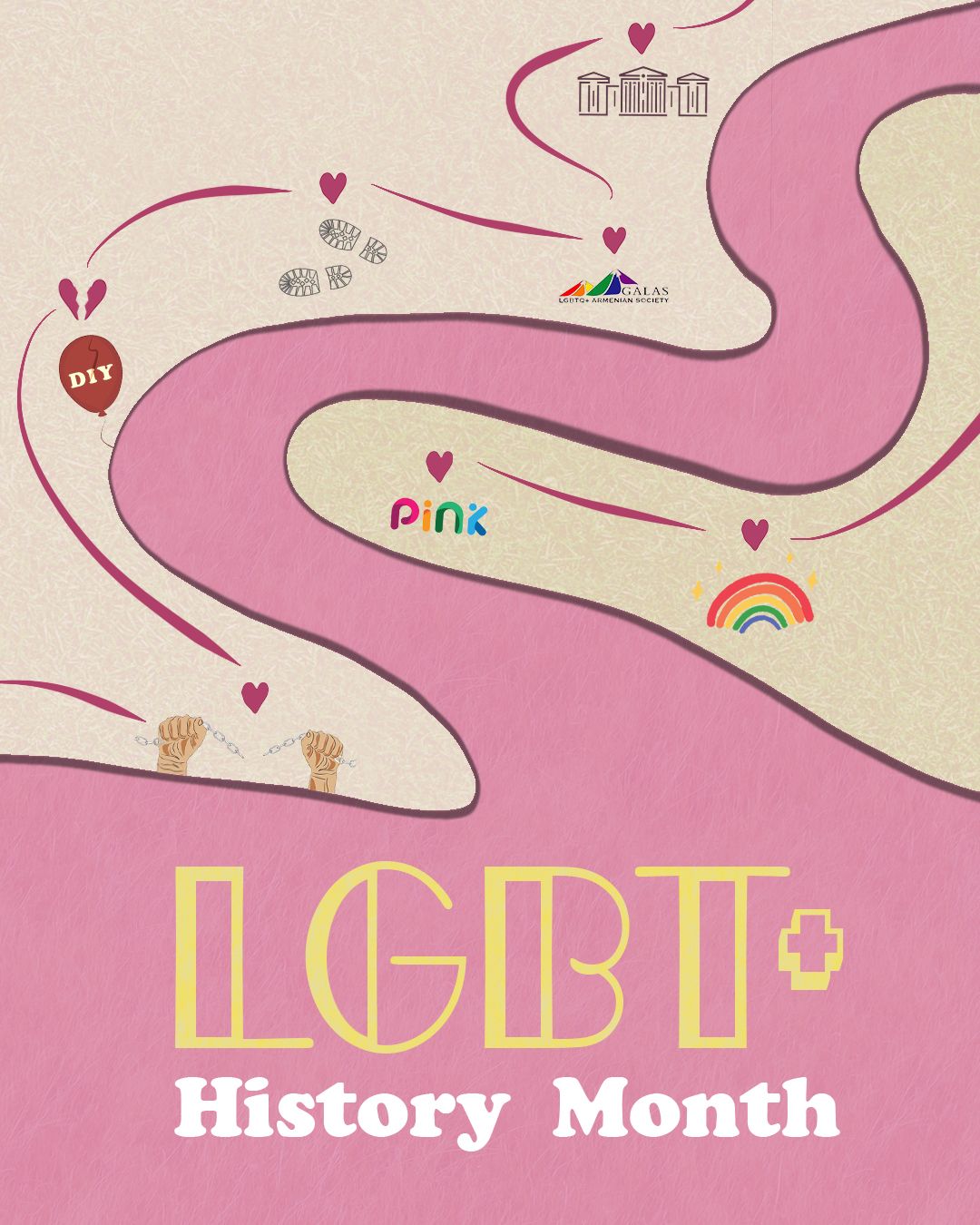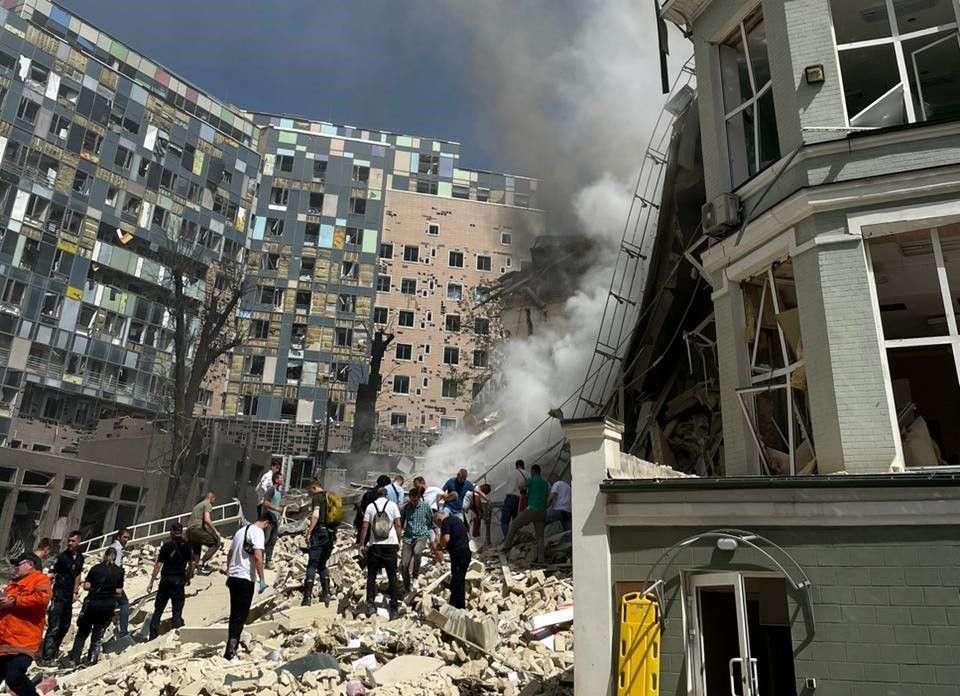This article is part of our Meet our Members series. In 2023, the NGO Armenian Women for Health and Healthy Environment (AWHHE) received funding from EaP CSF to lead a case study aimed at sharing best practices between Armenian, Georgian and Moldovan environmental actors on equitable access to safe drinking water. Interview was provided by Emma Anakhasyan, Head of Environmental Health Department at AWHHE.
Could you briefly describe AWHHE’s mission?
The mission of Armenian Women for Health and a Healthy Environment (AWHHE) is to explore the issues of environmental pollution and climate change in Armenia. We advocate the human right to live in a healthy environment and promote the reduction of health risks from environmental pollution and hazards. We also promote climate adaptation and mitigation as well as a healthy lifestyle focusing especially on children and women.
AWHHE promotes solutions to the issues related to health and the environment through education and information campaigns. We raise awareness about the environmental health threats and social injustice related to environmental pollution. AWHHE provides independent monitoring and investigations on water supply management and other related issues, lobbies decision-makers to make sound solutions, contributes to capacity building of rural communities and strengthens the participation of women in decision making at local and national levels.
AWHHE puts a significant focus on the role of women in protecting our environment. What decisive role do women play in this regard?
Throughout history, women have played a significant role in environmental protection. In communities, women manage water, sources for fuel, and food. They also perform forestry and agricultural activities. Involving women in planning and decision-making processes increases environmental sustainability․
Understanding the role women play in protecting our environment led AWHHE to be involved in high-level political processes, such as the High-Level Political Forum, the Commission on the Status of Women, Chemical Convention debates (Stockholm, Basel, Rotterdam), the Minamata Convention, the Negotiation on Plastic Treaty, the UNECE/WHO Protocol on Water and Health, the UN 2023 Water Conference and Water Decade in Dushanbe among others.
AWHHE representatives sit on the boards of the Netherlands-based Women for Water Partnership and the US-based International Pollutants Elimination Network which counts more than 600 active civil society organisation members.
AWHHE is also very active at the national level and has a representative in the Steering Committee of the National Policy Dialogue on water-related issues in Armenia, in the National Committee of the UNESCO Intergovernmental Hydrological Programme and in the Regulatory Board of the Water User Associations among others.
The high professionalism of our members, their great experience and dedication serves as a strong basis for the successful implementation of the projects at local, regional and national levels. A good example is the work we did under our “USAID-CARD Armenia’s Rural Economic Development – New Economic Opportunities Program”. Within the framework of this project, AWHHE organized trainings on entrepreneurship for 3,500 rural women and advanced trainings on sustainable agriculture approaches for 2,000 rural “agripreneurs” women.
AWHHE believes that empowering women will guarantee the protection of our environment’s sustainability.
Armenia, Georgia, Moldova, why was it important to share environmental best practices between these three countries?
The UNECE/WHO Protocol on Water and Health to the 1992 Convention on the Protection and Use of Transboundary Watercourses and International Lakes was adopted in 1999 and entered into force in 2005. Among the Eastern Partnership countries covered by the proposed project, both Armenia and Georgia are signatories and the Republic of Moldova ratified it. The Protocol aims to protect human health and well-being by better water management, including the protection of water ecosystems, and by preventing, controlling and reducing water-related diseases.
Armenia and Georgia, while not yet being Parties to Protocol, have both been actively involved in the work carried out under its framework and gained valuable experience in using the tools under the Protocol. Moldova has achieved notable progress in the implementation of the ratified Protocol, including stakeholder engagement experience.
In Armenia, the project activities targeted ten settlements that have limited access to drinking water. In Georgia, the project addressed water-related challenges in the Borjomi municipality, particularly targeting three villages identified as among the most vulnerable. In Moldova, the project focused on issues faced by population that does not have access to centralised sources of drinking water and relies on water from mine wells.
Within the course of the project, all three countries developed their country case studies based on their findings. During the case study development process, each country formulated a set of recommendations based on their specific contexts and findings. These recommendations were discussed during an international meeting in Yerevan on 25 October 2023 and the recommendations were sent to the national authorities of the respective countries.
The shared environmental best practices and common recommendations helped refine the steps to be implemented for the provision of the Protocol on Water and Health.
What lessons did you draw from the case study? Did it contribute to changing your approach?
We learnt a lot from being a project partner and sharing our experience among partners.
The Moldovan member, Eco-TIRAS, described the experience in their country. As Moldova had signed and ratified the UNECE/WHO Protocol on Water and Health early, they used the opportunities offered through national priorities and international assistance to develop a report looking into the operational challenges in the sphere of application of the Protocol. They also demonstrated the importance of ratifying the Protocol to attract financial investment for its implementation.
By working together, AWHHE, Eco-Tiras and the International Center for Environmental Research (Georgian member) raised the importance of regionally important issues. As partners, we discussed the challenges and opportunities related to the implementation of the Protocol for their upcoming activities.
The International meeting held in Yerevan on October 25, 2023, brought together project partners, various state organisations such as the Ministry of Health, Water Committee, Statistical Committee, local municipalities, civil society organisations and the United Nations Economic Commission for Europe (UNECE). Participants were engaged in a constructive dialogue by exchanging perspectives and providing valuable inputs. This interactive process allowed for a thorough examination of the proposed recommendations, ensuring that diverse viewpoints and expertise were considered. The meeting served as a platform for knowledge-sharing and exploring collective strategies to enhance equitable access to water and sanitation.
The 13th meeting of the Task Force on Target Setting and Reporting under the UNECE/WHO Protocol on Water and Health took place on 14 November 2023 in Geneva. AWHHE made a statement about the equitable access to water and sanitation and presented the project.
Find more about Armenian Women for Health and Healthy Environment on their website https://awhhe.am/.
This project benefitted from support through the EaP Civil Society Forum Re-granting Scheme (FSTP) to Members and is funded by the European Union as part of its support to civil society in the region. Within its Re-granting Scheme, the Eastern Partnership Civil Society Forum (EaP CSF) supports projects of its members that contribute to achieving the mission and objectives of the Forum. Grants are available for CSOs from the Eastern Partnership and EU countries. Key areas of support are democracy and human rights, economic integration, environment and energy, contacts between people, social and labour policies. Find out more on our re-granting activities here.
More form our “Meet our Members” series:






